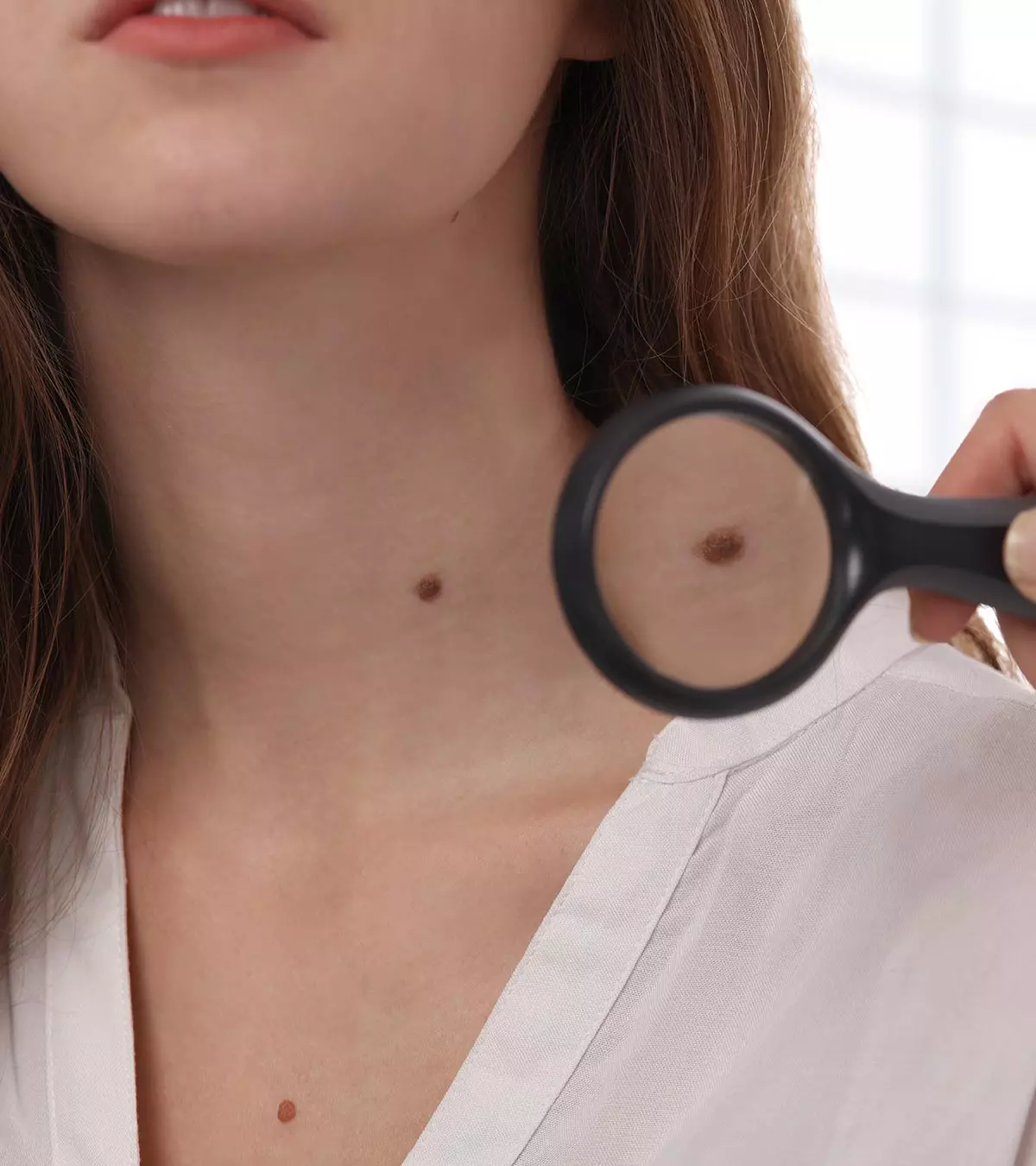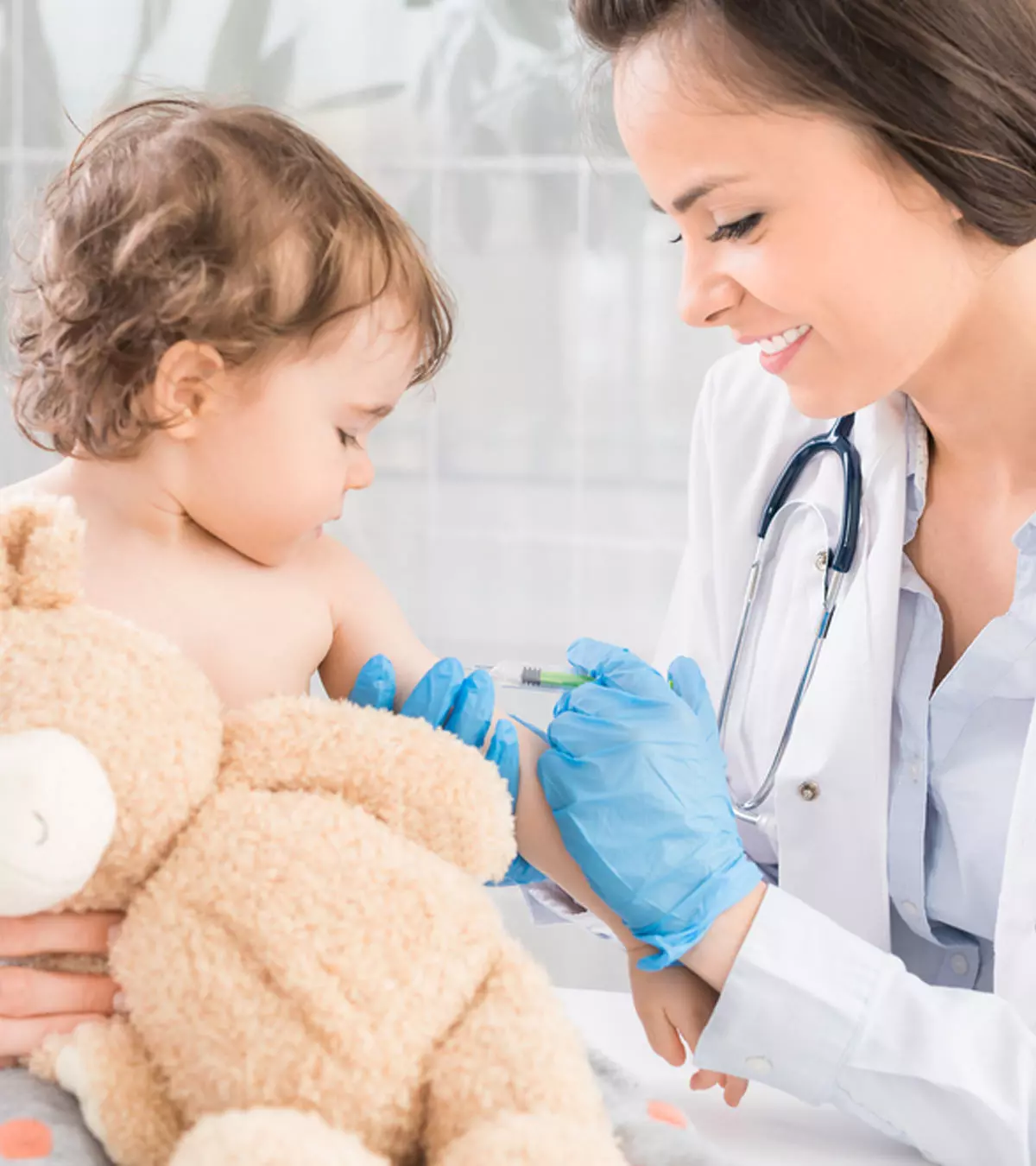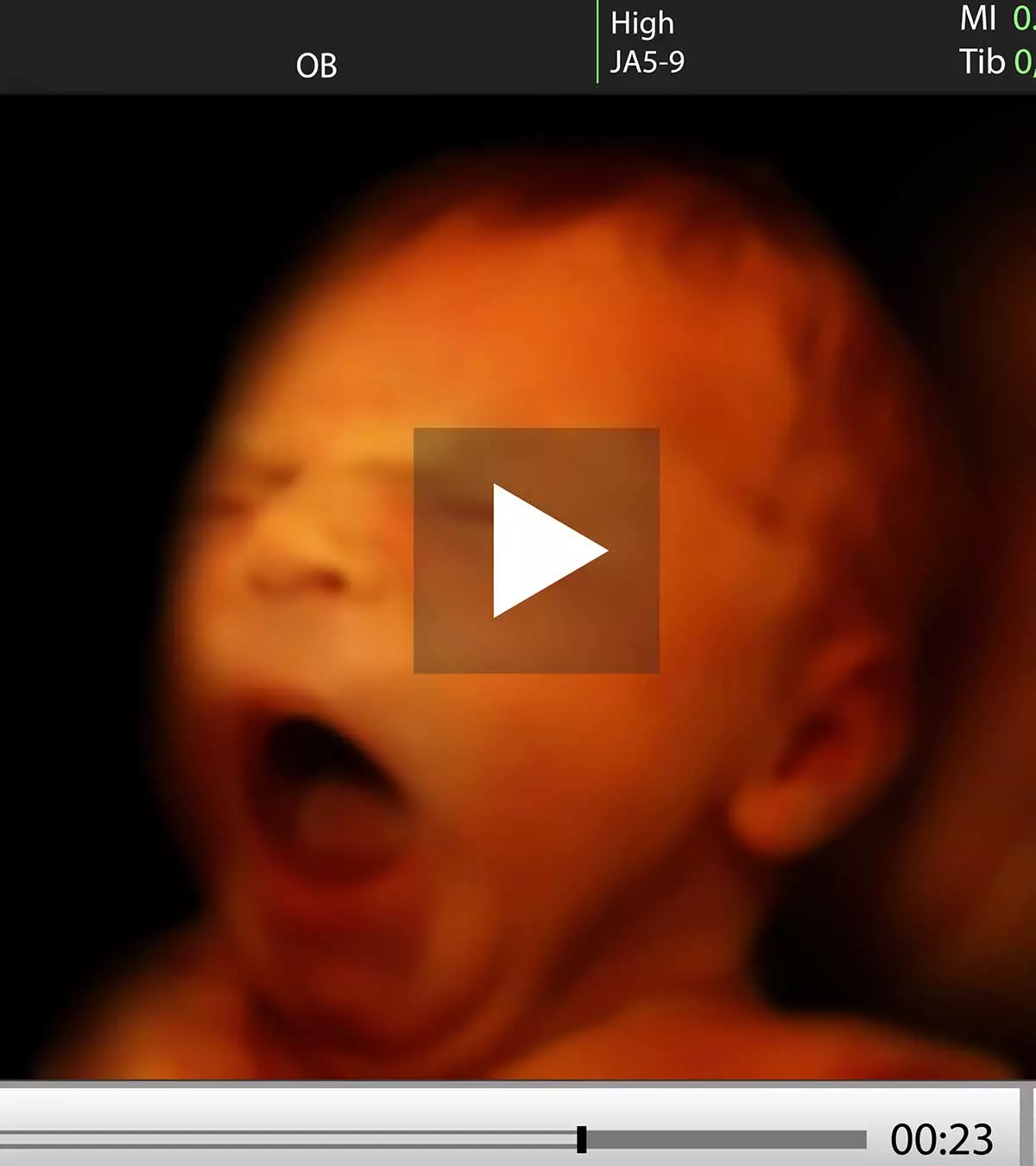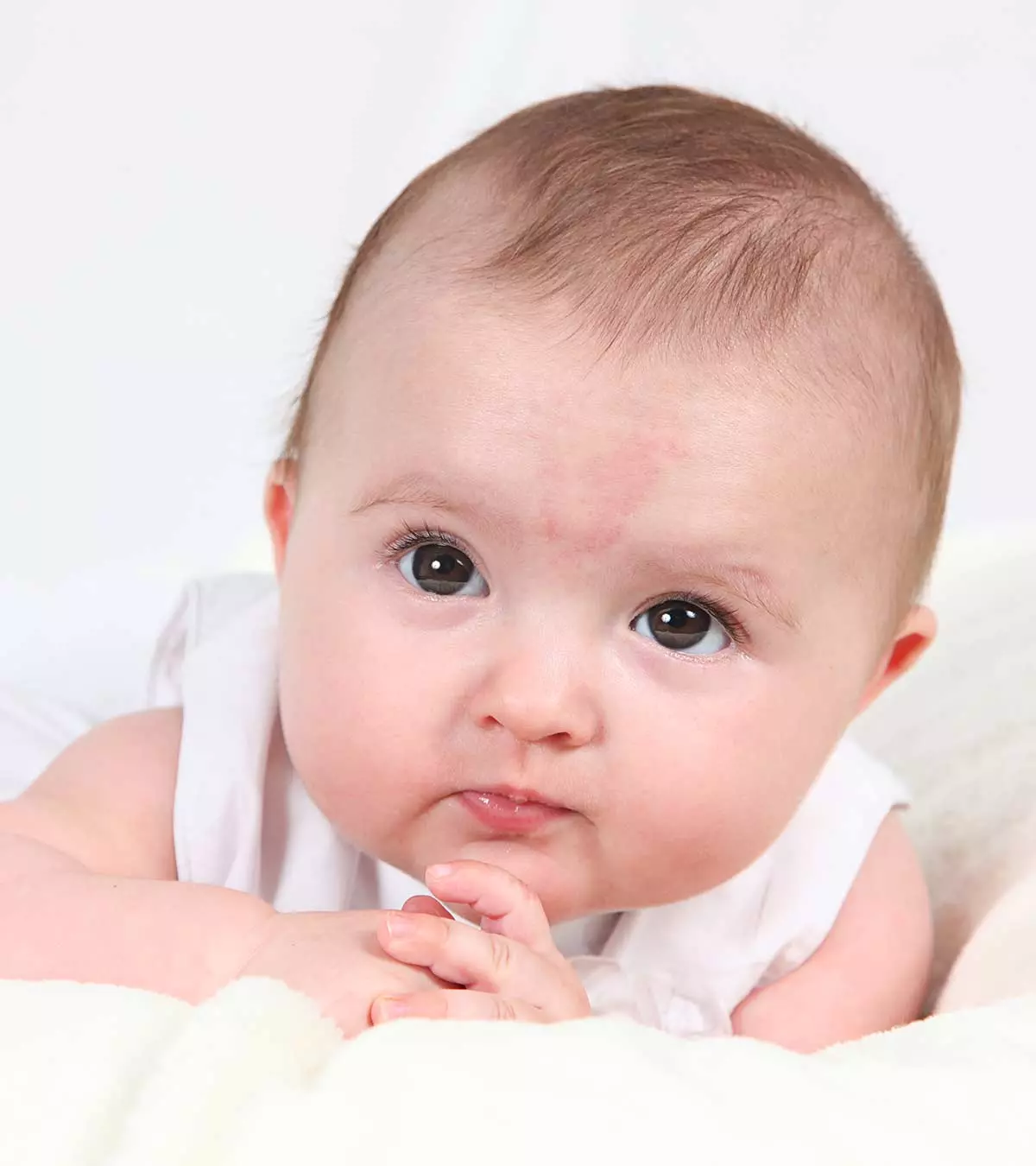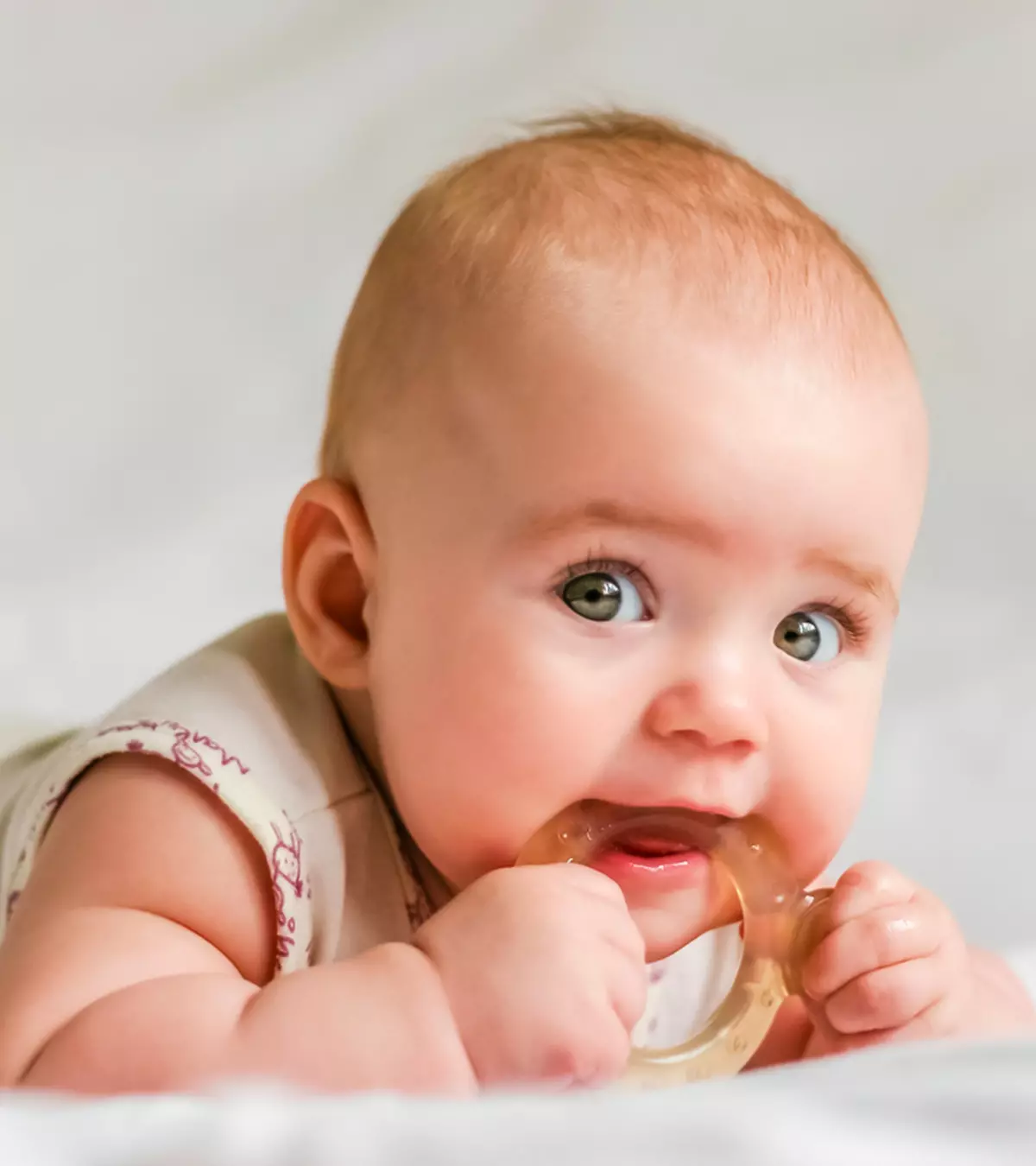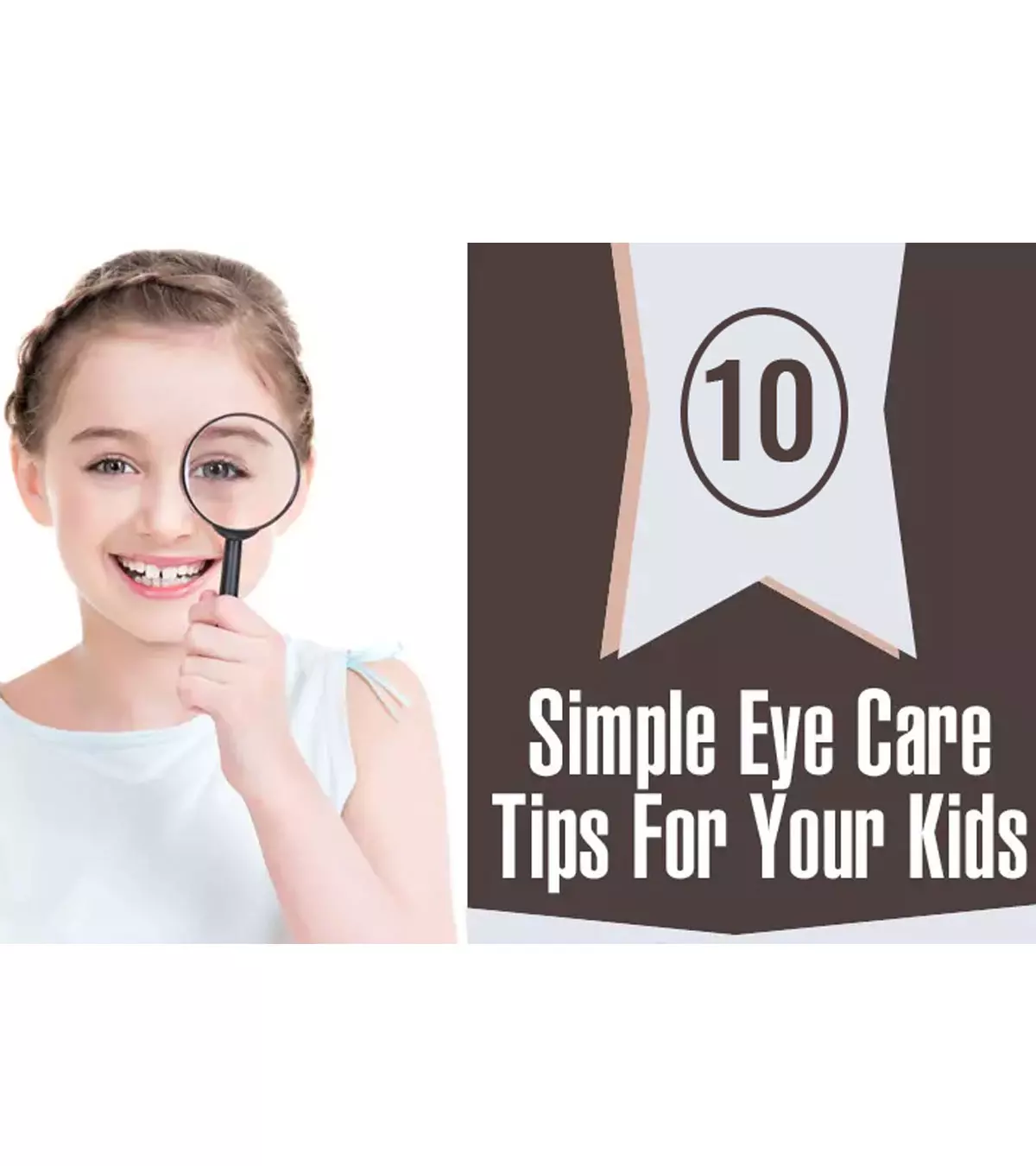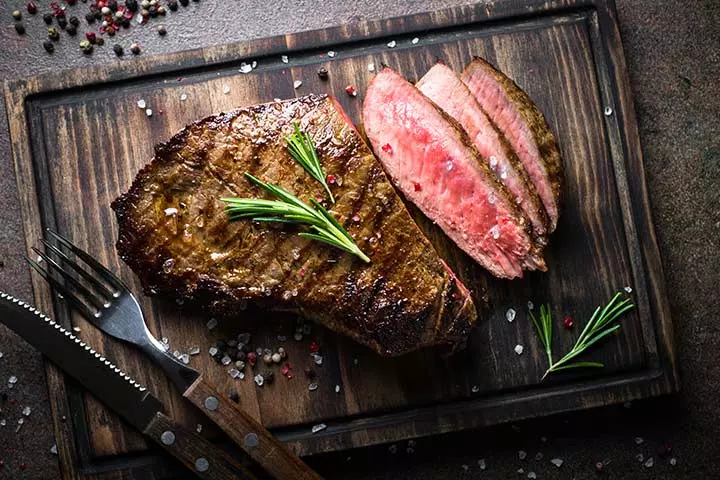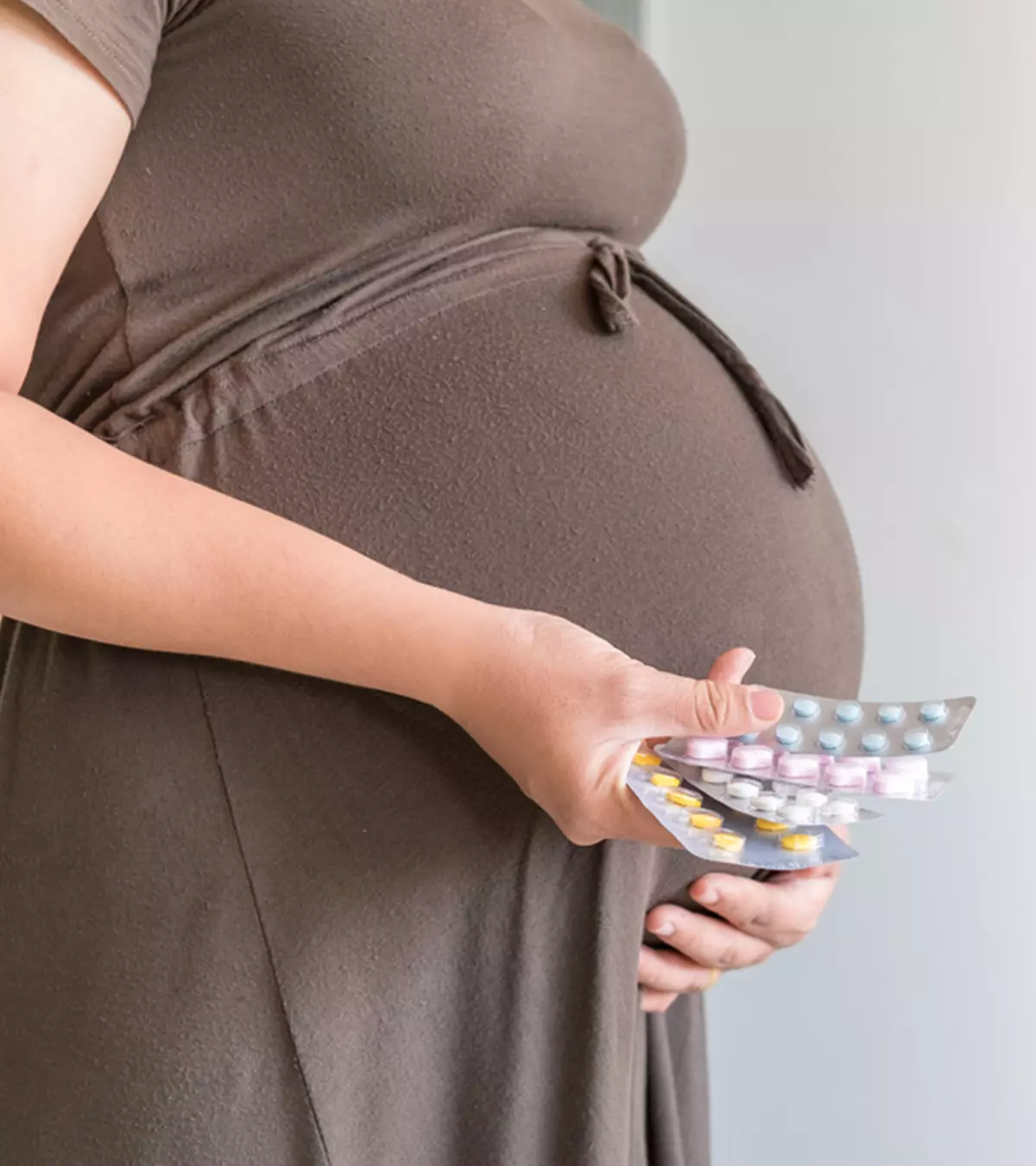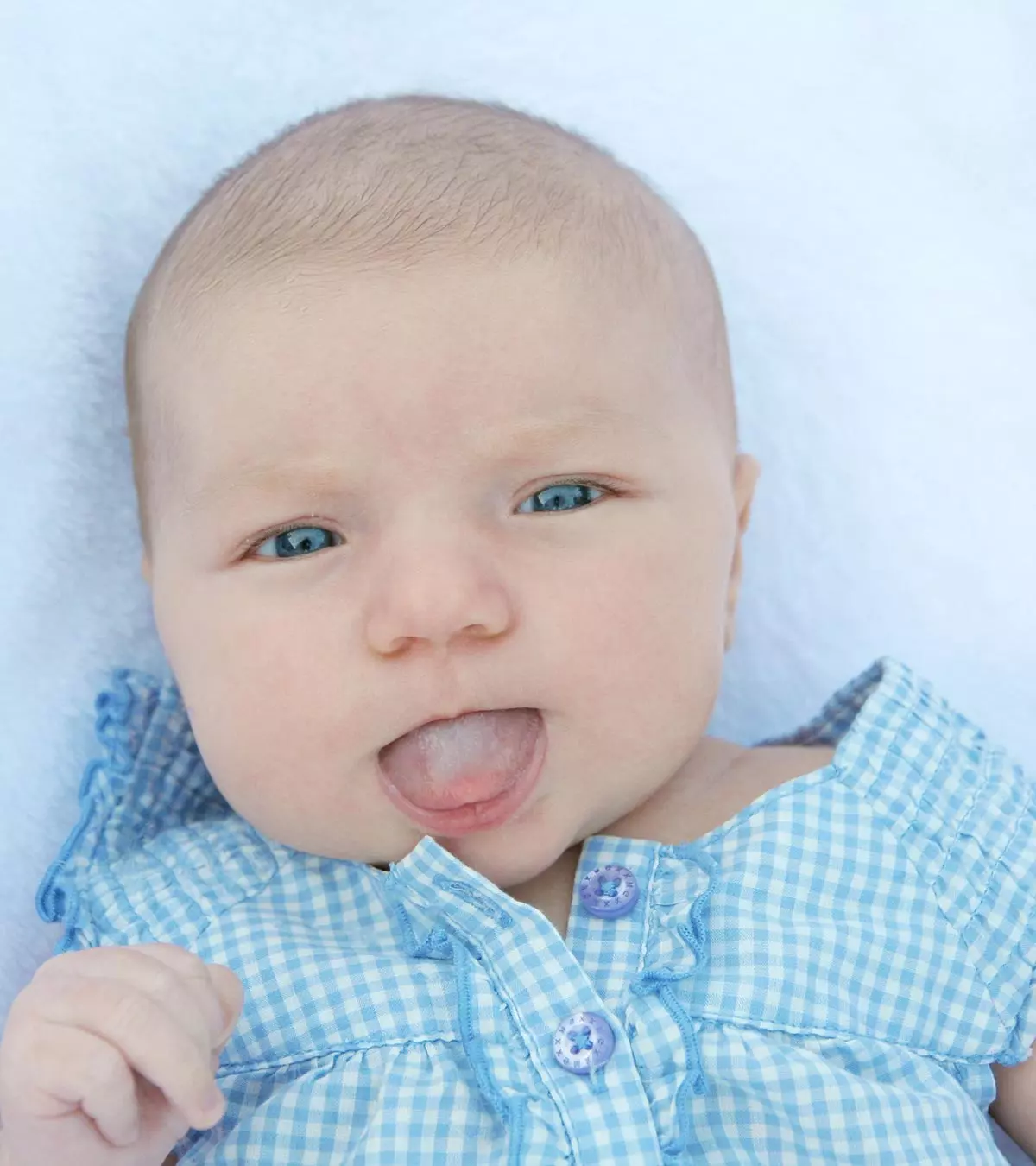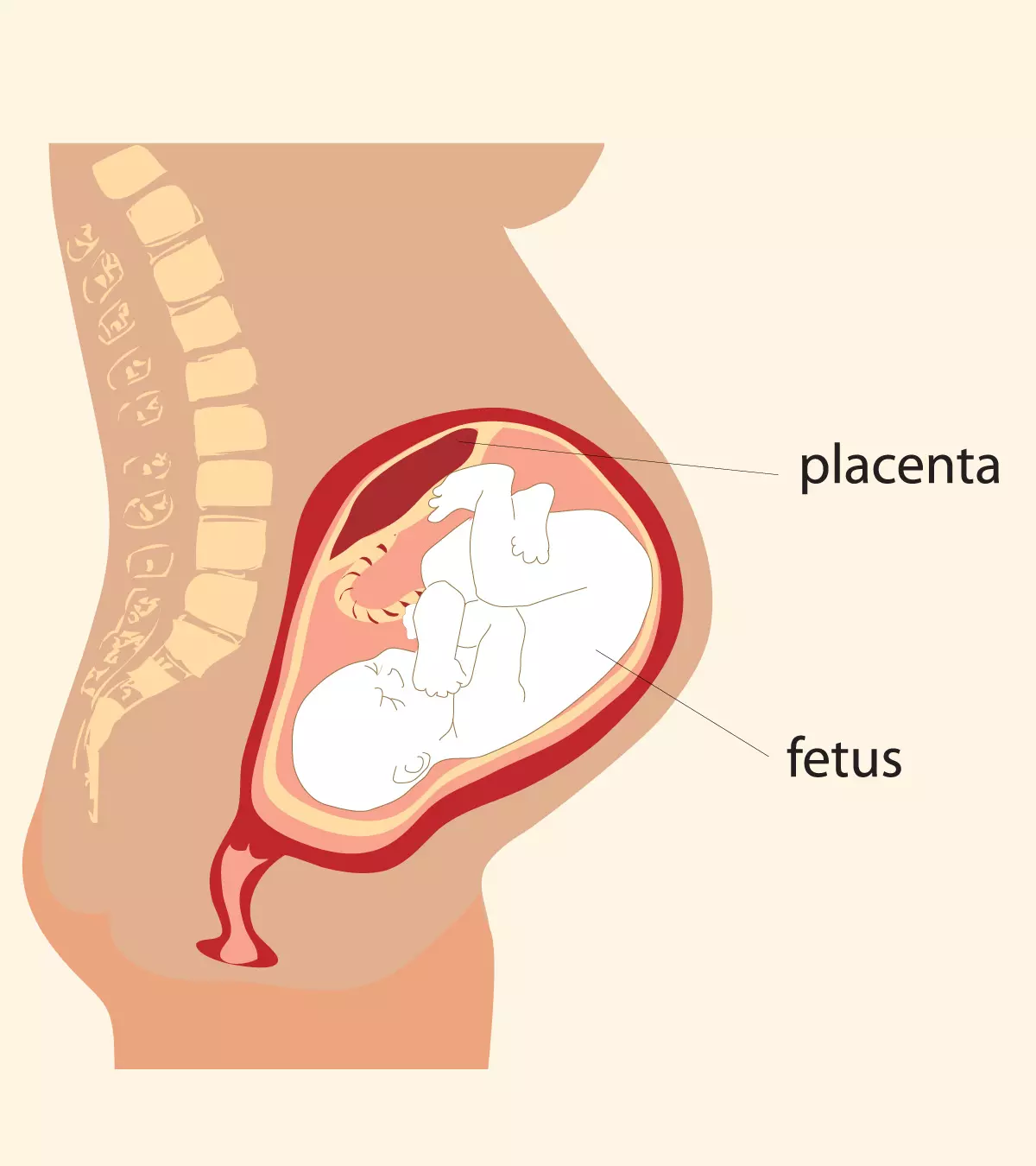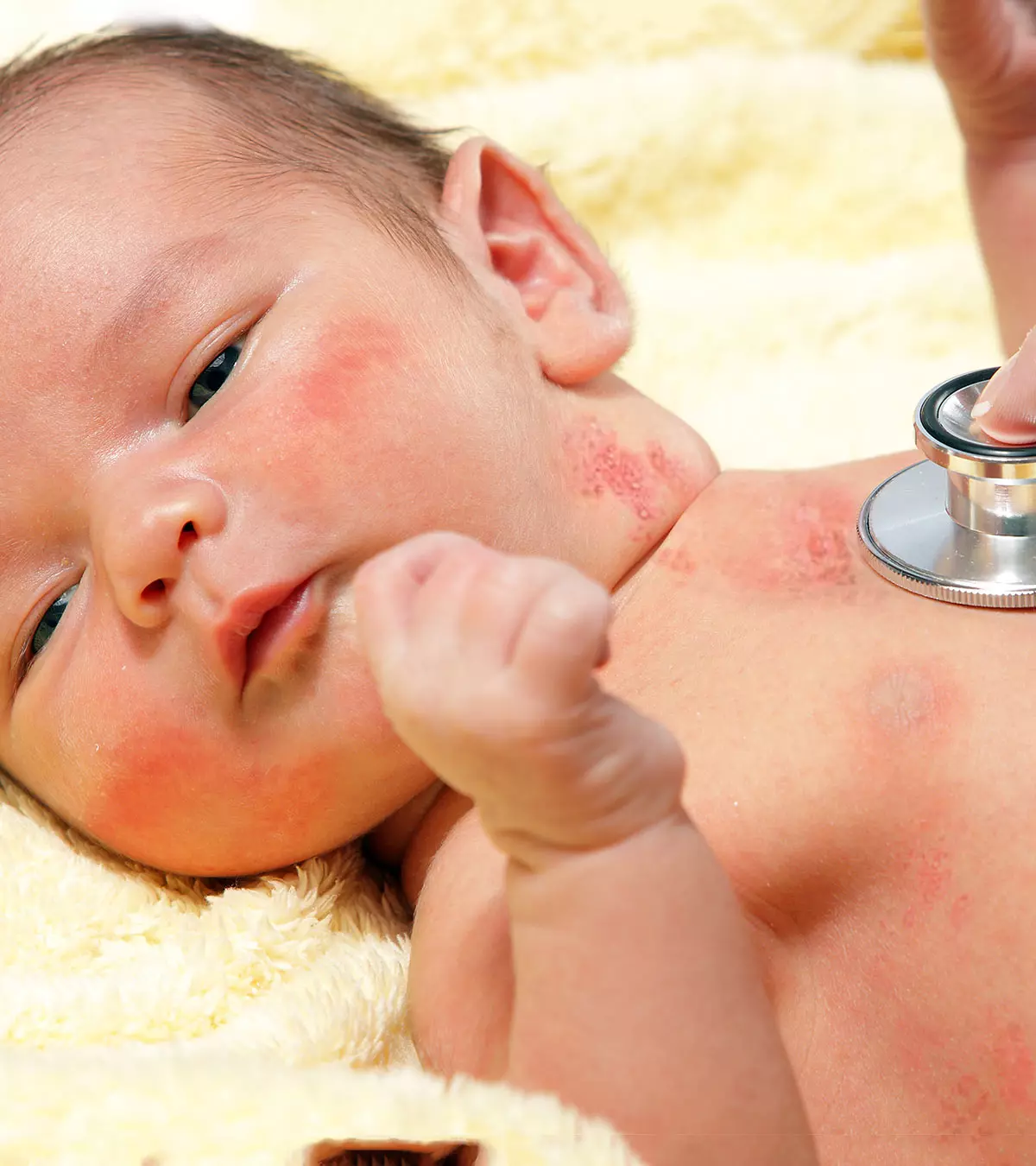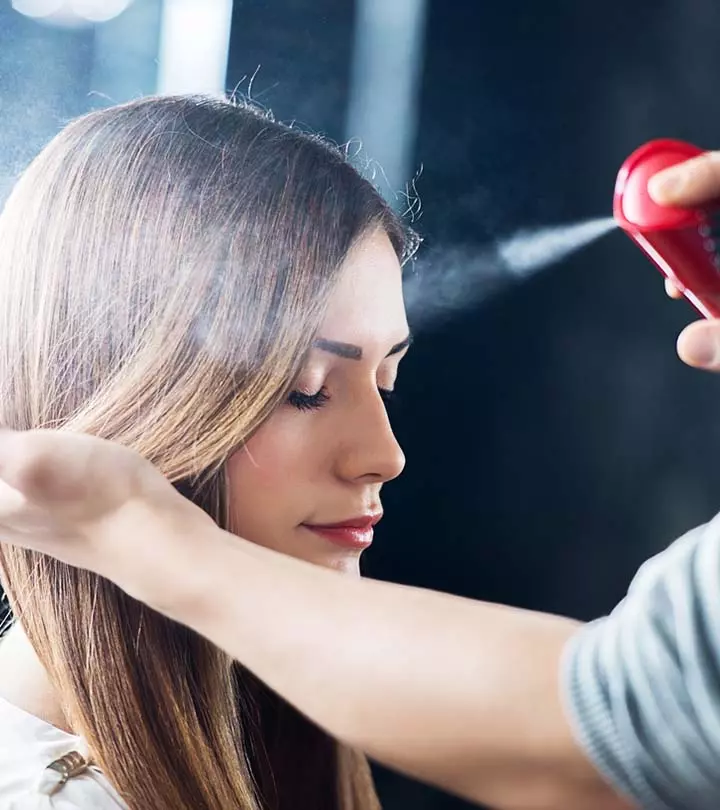
Image: iStock
If you are considering chemical treatments for hair like hair rebonding during pregnancy, you need to be aware of its safety and possible side effects to make a safe decision.
The process of hair rebonding uses chemicals for permanent straightening or shining of the hair. The texture of the hair is reformed by breaking down the bonds and connecting the amino acids. Since this procedure uses harsh chemicals, making an informed decision is important for the mother and child’s well-being.
Read on to know more about hair rebonding during pregnancy, including whether it is safe, possible side effects, precautionary measures to take, and alternatives to hair rebonding.
Key Pointers
- Hair rebonding chemically alters hair bonds for a straight, shiny look.
- Pregnant women should avoid this treatment due to harsh chemicals, according to experts.
- Chemicals from hair rebonding can cause congenital disorders and premature birth if they reach the unborn child through the mother’s bloodstream.
- Hormonal changes during pregnancy can neutralize the effects of rebonding treatment on hair texture.
- Consider alternatives like electric straighteners or haircuts that suit you.
Is Hair Rebonding Safe For Pregnant Women?
Hair rebonding may not be safe for both the pregnant woman and the growing baby. There are no studies to show that it is safe. Pregnant women should usually avoid beauty treatments or hair treatments with chemicals. Health experts also recommend mothers to be cautious and not to use harsh chemicals on their hair.
If you are working in a hair salon and deal with hair rebonding for customers, talk to your employer and avoid doing such treatments that could expose you and your baby to harmful chemicals.
What Could Be The Possible Side Effects Of Hair Rebonding During Pregnancy?
Although there are no studies to indicate that hair rebonding can have detrimental effects on pregnancy, there are a few possible concerns about exposure to hair straightening (or hair perming) agents.
- The chemicals may pass from the scalp to the bloodstream, and further to the fetus through the placenta. This may lead to an increased risk of congenital disorders and other problems, such as premature birth.
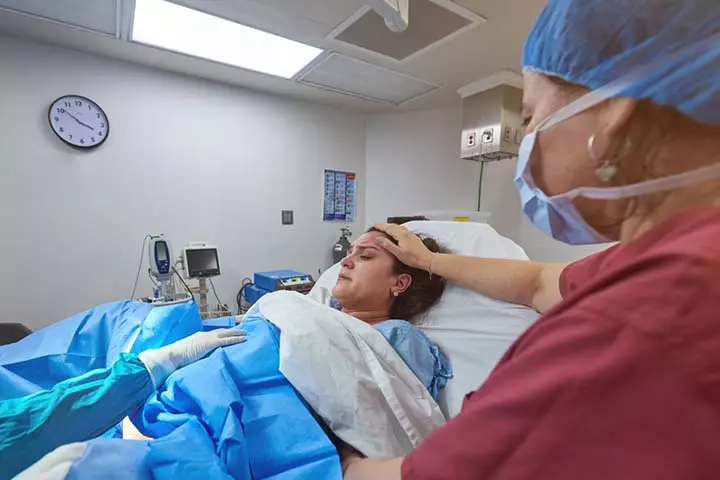
Image: Shutterstock
-
- Pregnancy-related hormonal changes may cause a change in hair texture and, therefore, the effects of hair rebonding may not hold on the hair.
Obstetrician and gynecologist Dr. Rohan Palshetkar says, “During pregnancy, many women notice changes in their hair texture due to hormonal shifts and other biological factors. This can include an increase in oil production, making your hair look and feel greasy, or a decrease in volume as the pregnancy progresses.”
- Most of the hair relaxants may contain the chemical ‘Lye.’ They could irritate the scalp, leading to bad scalp health. Furthermore, they may damage the hair.
- The strong odor from the chemical treatment products could irritate your respiratory tract, making you feel nauseous and dizzy.
 Research finds
Research finds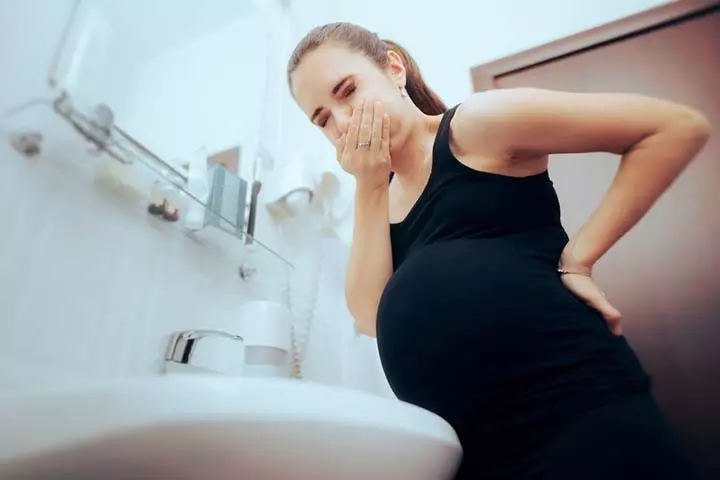
Image: Shutterstock
Alternatives To Hair Rebonding During Pregnancy

Image: Shutterstock
You may try the following safe and simple methods for adding some shine or straightening your hair.
- Use an electric hair straightener or clip hair extensions for rebonding your hair.
- Add hair color by highlighting or streaking the hair strands.
- Go for a different haircut that suits you. There are many stylish and trend-setting hairstyles for pregnant women that can help you achieve a new look.
Things To Keep In Mind While Getting Hair Treatments
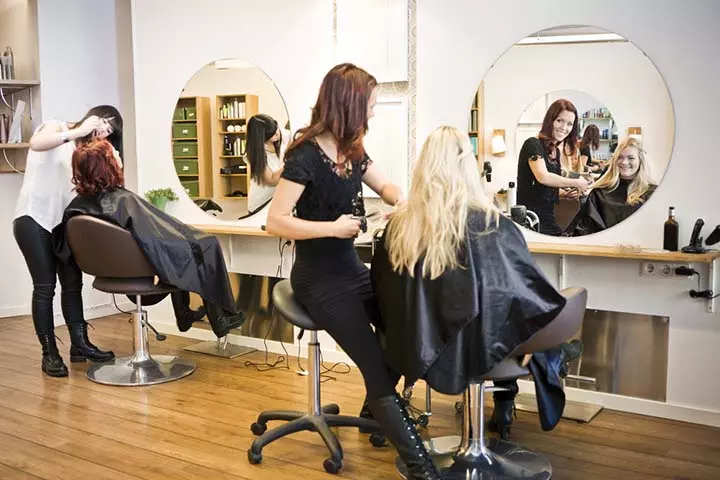
Image: Shutterstock
If you are planning to rebond your hair or get any other alternative chemical hair treatments during pregnancy, keep the following measures in mind to limit your exposure to chemicals.
- Choose a reputed salon that has expert hair technicians and uses high-quality hair products.
- Check the cleaning and sterilizing tools at the salon.
- Make sure you get it done in a well-ventilated room to avoid breathing in any strong chemical fumes.
- Consider no-lye relaxers as they cause less irritation to the scalp.
- Choose hair products that are free of harsh chemicals and synthetic ingredients. Try other alternatives that do not use chemicals for rebonding hair, as they are relatively safe.
- Before applying any new product, perform a patch test to check for allergic reactions or sensitivities.
 Quick tip
Quick tipFollow safety precautions while undergoing chemical treatments or using styling products during pregnancy such that there is no negative impact on fetal and maternal health. Consult the pros and cons of the procedure with your gynecologist.
Frequently Asked Questions
1. Does hair rebond during pregnancy cause any long-term damage to the hair?
Products used in hair rebonding may cause frizziness, dandruff, hair loss, thinning and weakness (1). Hormonal changes during pregnancy can make your skin and hair react differently. Some women report good hair growth during pregnancy while others may experience thinning hair. However, postpartum hair loss is a common phenomenon (2). Therefore, the adverse effects of hair relaxers may be compounded during pregnancy and contribute to long-term hair damage
2. What are the aftercare tips for hair rebonding during pregnancy?
Though not recommended, if you have undergone hair rebonding during pregnancy, you will need to follow specific personal care routines. You may care for your rebonded hair by avoiding washing or tying your hair for the next three days. Avoid coloring or heat styling your hair. After that, use a mild shampoo and conditioner to wash your hair. Preferably use cold water and avoid shampooing too often. For optimum hair maintenance, you need to protect your hair from rain, dust, and sunlight, and maintain a balanced diet.
3. Can hair rebond cause hormonal imbalance during pregnancy?
Though hair rebonding has not been reported to cause hormonal imbalance during pregnancy, certain chemical relaxers (used in hair rebonding) and other hair care products have been found to affect the sex hormones (3).
4. What should I do if I experience adverse effects after hair treatments?
If you notice any adverse reactions, such as allergies or breathing difficulties, wash your hair right away to eliminate any products. It’s best to consult your healthcare provider or a dermatologist for additional guidance and care.
While no studies prove the harmful effects or safety of hair rebonding during pregnancy, it is suggested that you avoid it due to the use of strong chemicals. Instead, you might try alternative hair treatments, such as hair straightening. You may also try a different haircut during pregnancy to create a new look. However, if you still want to rebond your hair, ensure you take the required precautions and seek your doctor’s opinion first.
Infographic: Things To Keep In Mind While Getting Hair Treatments
Pregnancy is a beautiful time for a woman, but it can also come with a host of changes to her body, including her hair. While you may go for hair treatments to combat these changes, certain things must be followed to ensure safety. So make this infographic your checklist before going for the treatments. Illustration: Momjunction Design Team

Illustration: Is It Safe To Go For Hair Rebonding During Pregnancy?

Image: Dall·E/MomJunction Design Team
References
- Vinma H Shetty et al.; (2013); Chemical Hair Relaxers Have Adverse Effects a Myth or Reality.
https://www.ncbi.nlm.nih.gov/pmc/articles/PMC3746223/ - Changes to hair during pregnancy.
https://www.pregnancybirthbaby.org.au/changes-to-hair-during-pregnancy - Tamarra James-Todd et al.; (2022); Hormonal activity in commonly used Black hair care products: evaluating hormone disruption as a plausible contribution to health disparities.
https://www.ncbi.nlm.nih.gov/pmc/articles/PMC8812815/
Community Experiences
Join the conversation and become a part of our nurturing community! Share your stories, experiences, and insights to connect with fellow parents.
Read full bio of Dr. Anita Gupta
- Dr. Rohan Palshetkar is an obstetrician, infertility specialist, and gynecologist in Vashi, Navi Mumbai, and has an experience of 12 years in these fields. He did his MS in Ob/gyn from DY Patil University.
 Dr. Rohan Palshetkar is an obstetrician, infertility specialist, and gynecologist in Vashi, Navi Mumbai, and has an experience of 12 years in these fields. He did his MS in Ob/gyn from DY Patil University.
Dr. Rohan Palshetkar is an obstetrician, infertility specialist, and gynecologist in Vashi, Navi Mumbai, and has an experience of 12 years in these fields. He did his MS in Ob/gyn from DY Patil University.
Read full bio of Rebecca Malachi
Read full bio of Swati Patwal
Read full bio of Dr. Joyani Das






